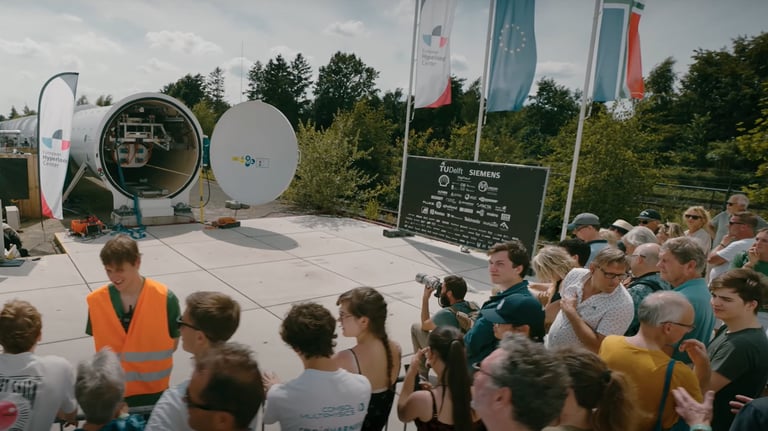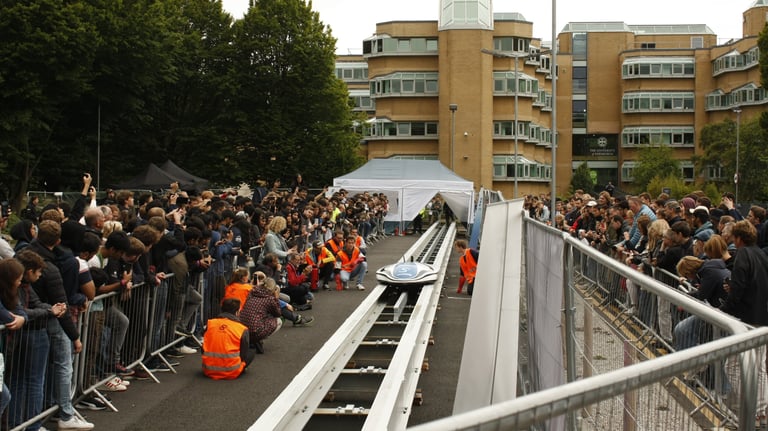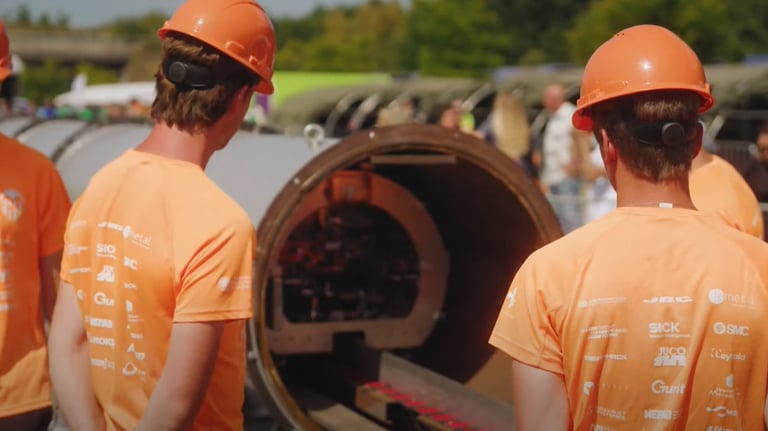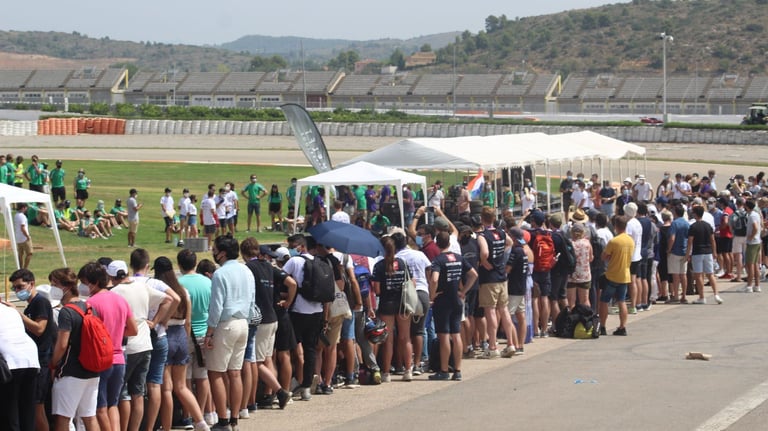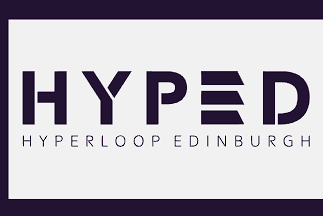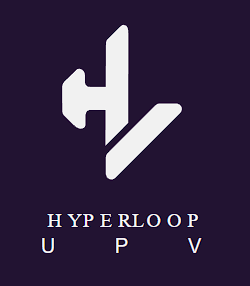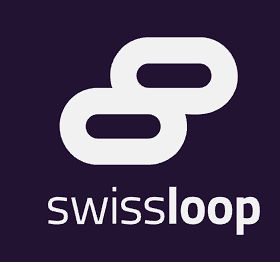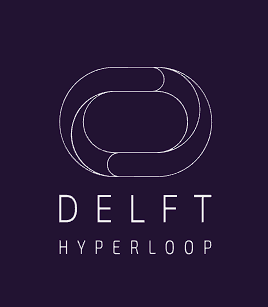About EHW

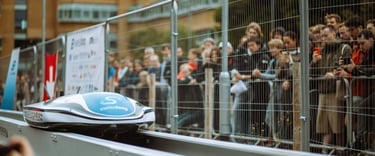
What is Hyperloop?
Hyperloop is a new type of ultra-fast and sustainable transportation. It uses capsules — called pods — that move through low-pressure tubes with very little air resistance. By combining magnetic levitation and electric propulsion, hyperloop could make travel as fast as airplanes, but with the efficiency of trains.
What is EHW?
The European Hyperloop Week (EHW) is an annual international competition where student teams design, build, and demonstrate hyperloop prototypes and technologies to advance the future of ultra–high-speed, sustainable transportation. The competition brings together universities, research groups, and industry professionals from across the globe to exchange ideas, collaborate, and push the boundaries of modern mobility.
Just like in the automotive or aerospace world, success at EHW doesn’t rely solely on having the fastest or most advanced pod. Teams are judged on their overall engineering excellence, innovation, research quality, and ability to demonstrate a complete, safe, and functional hyperloop system. The event encourages students to take a holistic approach: combining technical ingenuity with practical, economic, and sustainable thinking


Our ethos
Bring together the best university teams
1
2
3
4
Create a hyperloop system
Promote ambition
Focus on realistic integration

Our ethos
Bringing together the best university teams
1
3
4
Creating a hyperloop system
Promoting ambition
Focusing on realistic
integration
2
Application Divisions
Design & Demonstrate
Design-only
Teams both design and physically demonstrate their prototypes at the competition site. Points are awarded for engineering design, subsystem functionality, and overall system integration across categories like levitation, propulsion, and braking. The best-performing teams compete for the Overall Hyperloop Week Award.
Teams focus on conceptual and technical design, without physical demonstrations. This division is ideal for emerging teams or those exploring specific subsystems or research topics.
Starting from 2026, EHW features two main competition divisions. Each division includes both technical and research categories, covering engineering design, technical innovation, and socio-economic studies on hyperloop feasibility, sustainability, and infrastructure.
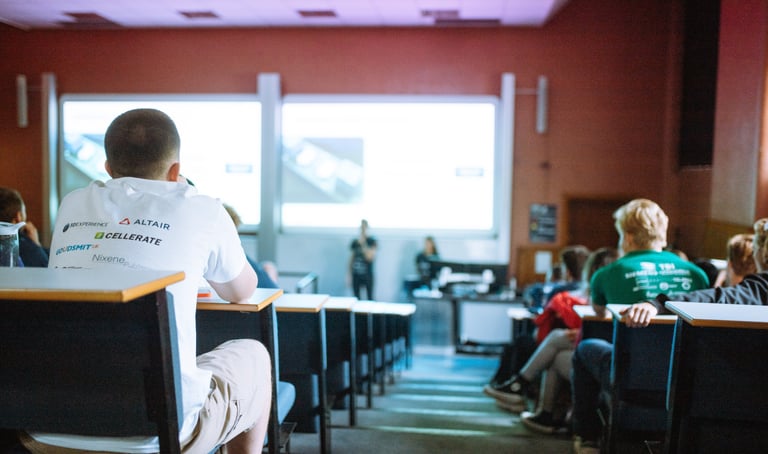

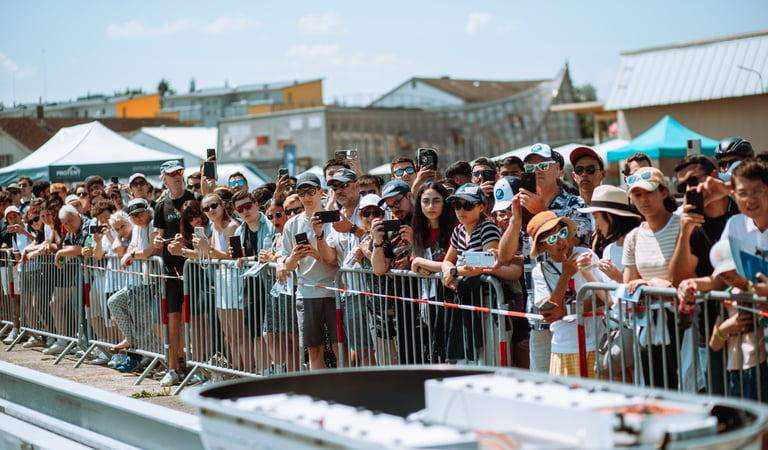

Research Participation
Regardless of their division, all teams can also participate in the Research Awards by submitting scientific research papers in two dedicated categories:
Technical Aspects of Hyperloop Systems: focused on engineering, infrastructure, and system design.
Socio-Economic Aspects of Hyperloop Systems: exploring sustainability, business models, and the impact of hyperloop on society.
This means that even teams without a design for a prototype can contribute valuable insights and compete for recognition through research.
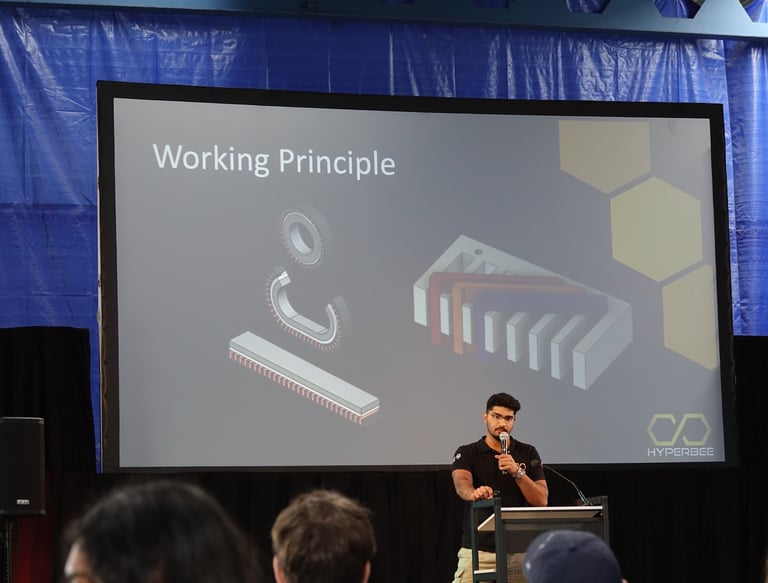

Who can participate?
Participation is open to university students from around the world, regardless of discipline. Teams typically include students in engineering, business, design, and science programs. EHW challenges participants to apply classroom knowledge to real-world engineering: building prototypes, conducting experiments, managing projects, and working in diverse, international teams.
To join, teams must register through the official website and submit required design and research documentation. Accepted teams are invited to present and demonstrate their work during EHW week, held each summer at the European Hyperloop Center in the Netherlands.
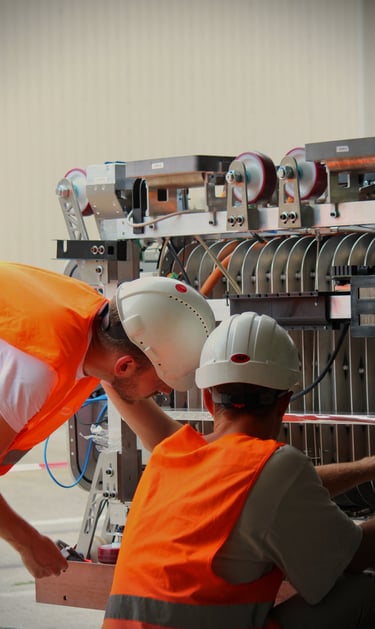

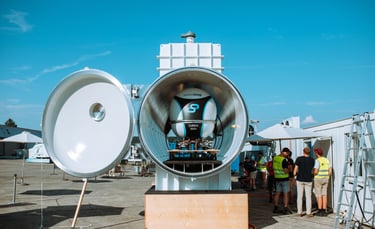

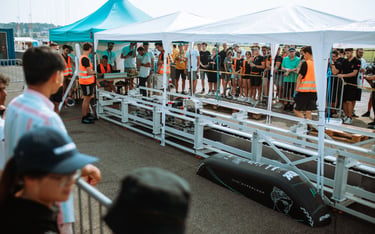

Why do students build hyperloop pods?
EHW gives students an unparalleled opportunity to gain hands-on experience in designing and manufacturing complex systems that combine mechanical, electrical, and software engineering. Beyond the technical challenges, teams learn about project management, financial planning, safety compliance, and interdisciplinary collaboration. These are essential skills for careers in engineering and technology.
By participating, students not only contribute to the advancement of hyperloop research but also connect directly with industry professionals and potential employers in the transport and innovation sectors.
A Brief History of EHW
The European Hyperloop Week was founded in 2021 by four pioneering student teams: Hyperloop UPV (Spain), HYPED (Scotland), Swissloop (Switzerland), and Delft Hyperloop (Netherlands); who shared the vision of creating a European, student-driven hyperloop competition.
Since its founding, the event has been hosted across Europe:
Over time, EHW has evolved from a purely student-led initiative into a professional, volunteer-based organization supported by both alumni and industry experts. The 2026 edition marks a new phase of growth: introducing a clearer competition structure, closer collaboration with the European Hyperloop Center, and a long-term vision to make EHW a permanent hub for hyperloop innovation in Europe.
While the organization is becoming more structured and professionalized, students remain at the heart of EHW. The event continues to rely on the energy and creativity of hundreds of student and alumni volunteers to make each year a success.
Join the Movement
European Hyperloop Week is more than a competition: it’s a collaborative platform shaping the future of sustainable transport.
Whether you’re a student eager to innovate, an academic researcher, or an industry professional looking to support the next generation of engineers, there’s a place for you in the EHW community.



Address
EHW Zurich
Leonhardstrasse 27
CH-8092, Zürich
info@hyperloopweek.com
Get in touch



